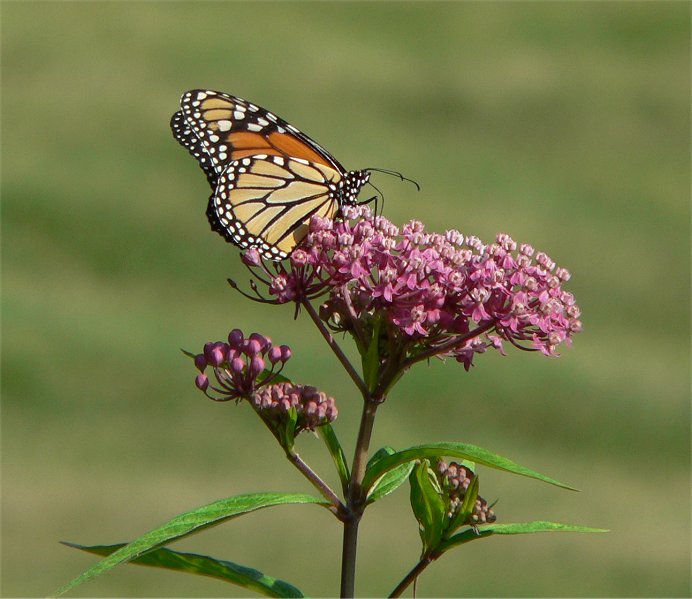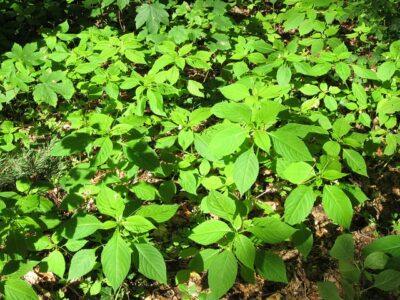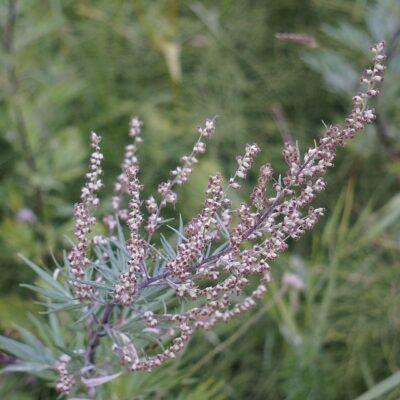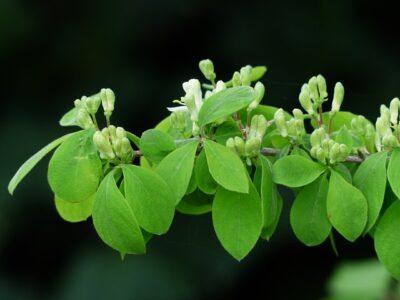As a kid, I used to run through this huge patch of poison sumac while playing. I often had rashes — sometimes so bad I couldn’t even open my eyes. In fact, I didn’t know why I was catching the rashes until I got older.
Poison sumac, ivy or oak can ruin your week fast – especially if you don’t know how to treat it. Fear not: Nature has provided us with cures.
Let’s take a look at five all-natural treatments for rashes found in the wild:
1. Jewelweed
Jewelweed (Impatiens capensis) is a natural remedy used to neutralize the irritants from poisonous plants, bug bites, ring worms and even stinging nettle.
Jewelweed grows three to five feet tall, with oval leaves and hanging trumpet-shaped flowers. The flowers can be yellow or orange with dark red spots. I used to love poking the seed pods as a kid because they pop and the seeds seemed to explode.
Fast, All-Natural Pain Relief With No Nasty Side Effects!
The orange variety with dark red spots works better than the yellow flowered variety. My family likes to collect the stocks of jewelweed and store them frozen in freezer bags. This makes it easy to take one out and squeeze out the jelly for application on irritated areas of the body.
2. Mugwort
Mugwort is easy to grow and is even found in some wild areas. It can neutralize the urushiol found in poisonous plants and has other healing properties, too. Just grind the fresh-picked leaves and apply to the affected area.
3. Honeysuckle
Honeysuckle can be blended with water (ratio: 3-1) and strained to relieve some of the discomfort associated with symptoms of poisonous plants like sumac, oak and ivy.
4. Rhubarb
We love growing rhubarb in the garden. It has so many uses, but in this application we can treat our itch. Rhubarb can give you instant relief from pain and itch caused by urushiol. To use it, just break a stem and rub the affected area up to three times a day.
5. Milkweed
This weed grows just about everywhere, and there are 140 known species. It’s named after its milky sap that’s made up of alkaloids, latex and other compounds. Applying this milky sap will help relieve the symptoms and dry up blisters associated with a poison rash.
Just use caution when identifying it, because it does have poisonous lookalikes like dogbane.
Now that you know all about plants that can relieve rashes, you are safe to take a stroll in the woods!
What plants would you add to this list? Do you have additional advice? Share your thoughts in the section below:
 Off The Grid News Better Ideas For Off The Grid Living
Off The Grid News Better Ideas For Off The Grid Living








